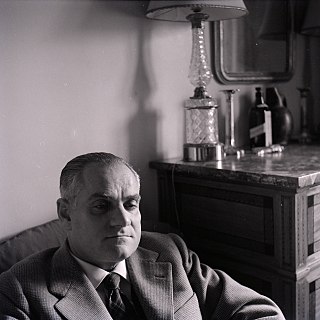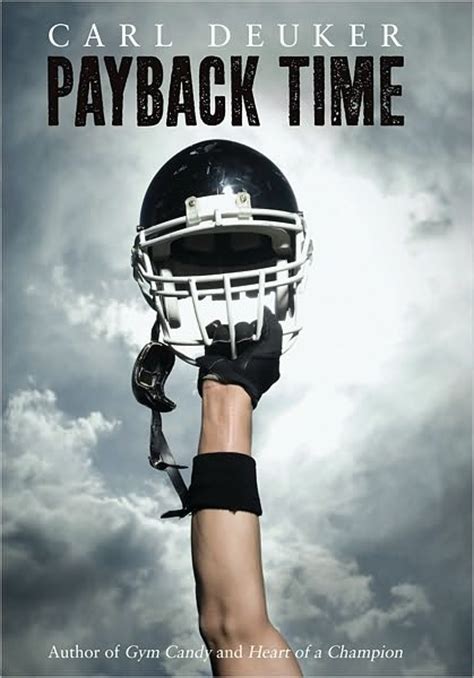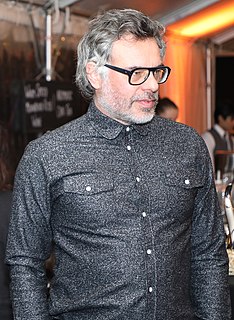A Quote by Alberto Moravia
There are many reasons for keeping a diary: to make a note of facts that one considers important; to open one's heart, to give vent to one's feelings, to make confessions; from the instinct of economy which sometimes encourages a writer to make good use of even the smallest crumbs of his life, so that he may have one more book to publish; or again from vanity and self- satisfaction.
Related Quotes
I, myself, write to change my life, to make it come out the way I want it to. But other people write for other reasons: to see more closely what it is they are thinking about, what they may be afraid of. Sometimes writers write to solve a problem, to answer their own question. All these reasons are good reasons. And that is the most important thing I'll ever tell you. Maybe it is the most important thing you'll ever hear. Ever.
What a person loves at 20 may seem stupid at 35. That doesn't mean the book was stupid, it means that the time when it spoke to the reader is past. So . . . I'm cautious about rereading favorite books. I hate to spoil the good feelings they created. Keeping the good feelings is more important than rereading the book. Moving on is a good thing.
I believe God's keeping the records, and I believe you will be rewarded even in this life. Somehow, some way, God will make it up to you. It may be He protected you from an accident you never knew. You can't give God something without God giving you more in return, whether it's peace or joy or satisfaction.
The necessary consequence of man's right to life is his right to self-defense. In a civilized society, force may be used only in retaliation and only against those who initiate its use. All the reasons which make the initiation of physical force an evil, make the retaliatory use of physical force a moral imperative. If some "pacifist" society renounced the retaliatory use of force, it would be left helplessly at the mercy of the first thug who decided to be immoral. Such a society would achieve the opposite of its intention: instead of abolishing evil, it would encourage and reward it.
[The scientist] believes passionately in facts, in measured facts. He believes there are no bad facts, that all facts are good facts, though they may be facts about bad things, and his intellectual satisfaction can come only from the acquisition of accurately known facts, from their organization into a body of knowledge, in which the inter-relationship of the measured facts is the dominant consideration.
Not all Trump supporters are bigots. They believe he had something to offer. I may disagree. You may disagree but we need to be civil to each other. Use the facts to make your point. I had read that the clothes made by some of the brands use sweatshops. Facts folks not feelings. We all have to live with each other and our choices.
I think, consciously or not, what we readers do each time we open a book is to set off a search for authenticity. We want to get closer to the heart of things, and sometimes even a few good sentences contained in an otherwise unexceptional book can crystallize vague feelings, fleeting physical sensations, or, sometimes, profound epiphanies." pg. xvi
The more closely the author thinks of why he wrote, the more he comes to regard his imagination as a kind of self-generating cement which glued his facts together, and his emotions as a kind of dark and obscure designer of those facts. Reluctantly, he comes to the conclusion that to account for his book is to account for his life.







































